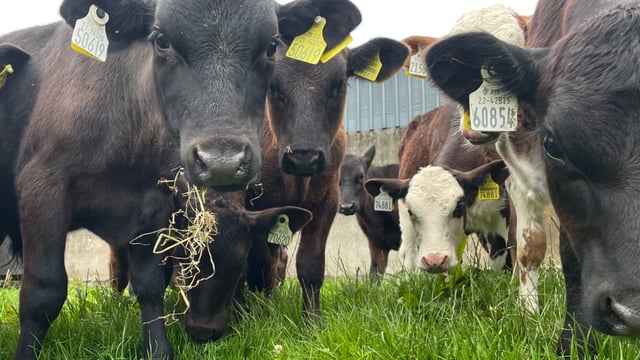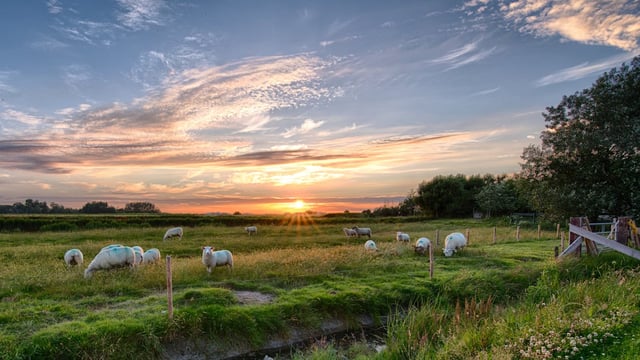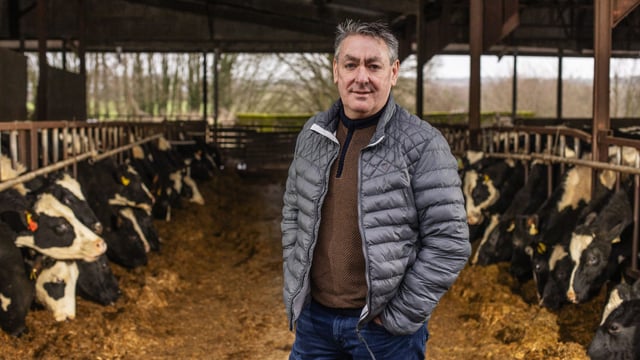FF MEPs meet incoming EU agriculture commissioner
Three MEPs from Fianna Fáil have met with the incoming European Commissioner for Agriculture, with the meeting focusing on a range of issues including the nitrates derogation and environmental scheme funding.
MEPs Billy Kelleher, Barry Cowen and Cynthia Ní Mhurchú met with Luxembourg's Christoph Hansen, who is commissioner-designate for agriculture after being appointed to that role by European Commission President Ursula von der Leyen.
This month, the commissioner-delegates proposed by President von der Leyen are due to undergo confirmation hearings in the European Parliament.
After that, the new college of commissioners, including Hansen, will take up their roles. Hansen will replace outgoing Commissioner for Agriculture Janusz Wojciechowski.
Speaking after the meeting with Hansen, Kelleher said: "The next European Commissioner for Agriculture must have agriculture and the needs of rural communities across Europe at the forefront of all his activities.
"We impressed upon [Hansen] the need to reset the relationship between farm families and the authorities, and the need to work with farmers in delivering on his objectives," Kelleher added.
The nitrates derogation was one of the main points that arose in the meeting, the Ireland South MEP said.
"The issue of the nitrates derogation, and its importance to rural communities across the island, was highlighted. Irish farmers need time to allow the mitigation measures [on water quality] to take hold and show results.
The Fianna Fáil MEP delegation also called for a separate funding scheme, outside of what is already provided for in the Common Agricultural Policy (CAP), to supplement farmer incomes when engaging in agri-environmental schemes.
"We are placing more and more requirements onto farmers without a commensurate increase in the overall CAP budget. A separate funding pillar is needed to make it worthwhile for farmers and to maintain their farm's viability into the future," Kelleher said.
He added: "All three of us requested that the European Commission, when making proposals, look at the cumulative impact of their proposals on the farming community.
"We cannot have impact assessments carried out in a silo. They need to be horizontal in nature if we are to see the true socio-economic impact."
According to Kelleher, Hansen gave a commitment to visit Ireland early in his mandate, if he is confirmed as commissioner, to see the mitigation works being carried out with regards to water quality and "in general to see how Irish agriculture operates which is quite different to how it operates in the other 26 member states".
"We look forward to the [confirmation] hearings and ensuring that the future commissioner stands up for farming and for farm families," Kelleher said.





